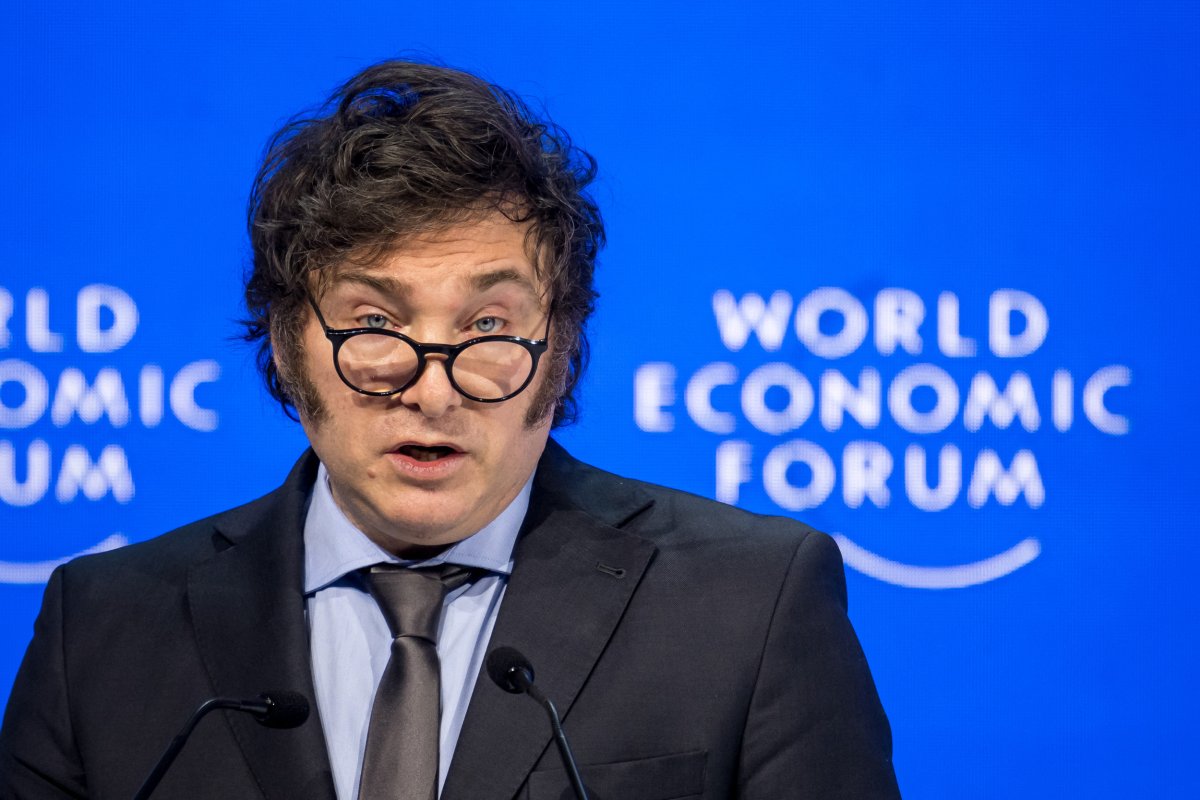Argentina’s Economic Outlook: Challenges and Hopes Under Javier Milei
President Javier Milei wasn’t believed to have attended Sir Paul McCartney’s concerts in Buenos Aires last weekend, but had he been there, he would have heard thousands of Argentines singing along to “Getting Better.” The question remains: Are things actually getting better for Argentina? Recent assessments from the World Bank provide some optimism for Milei. Although his stringent austerity measures have led to an estimated 3.5% contraction of the economy in 2024, projections suggest that GDP could grow by 5% in the following year. However, the pressing concern for Milei—and for South America’s libertarian experiment—is whether he will still be in office to reap those benefits. For the first time since his electoral victory nearly a year ago, there are signs that his popularity may be declining.
Austerity Measures and Their Impact
During his election campaign, Milei vowed to significantly cut government spending, and he has remained true to his word. Many government departments have been closed, including the one responsible for improving water quality, with their duties shifted elsewhere. Tens of thousands of workers have lost their jobs as the government seeks to rein in Argentina’s excessive public spending.
The primary objective of these austerity measures has been to control inflation, which had soared to catastrophic levels with prices rising by 300% annually. To Milei’s credit, these policies appear to have achieved some success. A recent Reuters poll of economists indicated that monthly inflation fell to 3.5% in September, the lowest figure in three years. While prices have indeed doubled over the past year—still a heavy burden for many Argentines—this marks a notable improvement from the earlier trajectory where they were expected to quadruple.
The Rise in Poverty
Unfortunately, the success in controlling inflation has come at a high cost. According to data from the official statistics agency, 53% of Argentines were living in poverty in the first half of the year, translating to 3.4 million additional people pushed into poverty in just six months. Approximately 70% of workers earn less than 550,000 pesos a month (roughly £430), while pensions have been frozen, public works projects halted, and welfare programs cut.
Declining Popularity
Until recently, Milei enjoyed a strong position following his significant election victory and his bold, unapologetic public persona. However, a poll by the Torcuato Di Tella University in Buenos Aires revealed a 15% drop in support in September—the largest decline since he took office. Another poll from the consultancy firm Proyeccion showed that negative perceptions of his government have surpassed 50%. This decline in trust is particularly concerning, as the Di Tella poll indicated that confidence in Milei’s administration is lower than at this stage for his predecessors, Alberto Fernández and Mauricio Macri.
Political Challenges Ahead
It is essential to recognize that Milei inherited a challenging situation and has been upfront with the public that things might worsen before they improve. However, public discontent could pose a threat to his fragile coalition in Congress, especially considering the Peronists, who have dominated Argentine politics, are always ready to mobilize their political machinery at the first sign of trouble.
Javier Milei has been labeled a “hyper-minority” president, as his party, La Libertad Avanza (LLA), was only formed as an electoral alliance in 2021 and became an official nationwide party this year. This status will allow LLA to compete in the crucial mid-term elections next year, which could be pivotal for Milei’s presidency.
His flagship legislative initiative, the expansive “Bases Law,” only passed through Congress after weeks of tense negotiations. Javier Milei still relies on support from Argentina’s other primary right-wing party. With LLA’s new national party status, it has the potential to enhance its minimal representation in the upper house of Argentine politics, but this depends on surviving another challenging year. Impeachment is generally easier in Latin America than in the United States, making Milei’s position precarious.
Looking Forward
Despite Milei’s declining support, impeachment does not seem imminent. If the World Bank’s projections hold true and the economy begins to recover in 2025, improving conditions for those left destitute, the President hopes to find himself navigating calmer waters this time next year. Until then, he may want to channel another message from McCartney: “Here comes the sun.”
Conclusion
While Javier Milei’s austerity measures have had mixed results, there are glimmers of hope for Argentina’s future, provided economic recovery is on the horizon. However, the challenges he faces—both from a struggling populace and a fractious political landscape—may significantly influence his ability to govern effectively. The coming months will be crucial in determining whether Argentina is indeed getting better or if the current situation will persist.














Post Comment